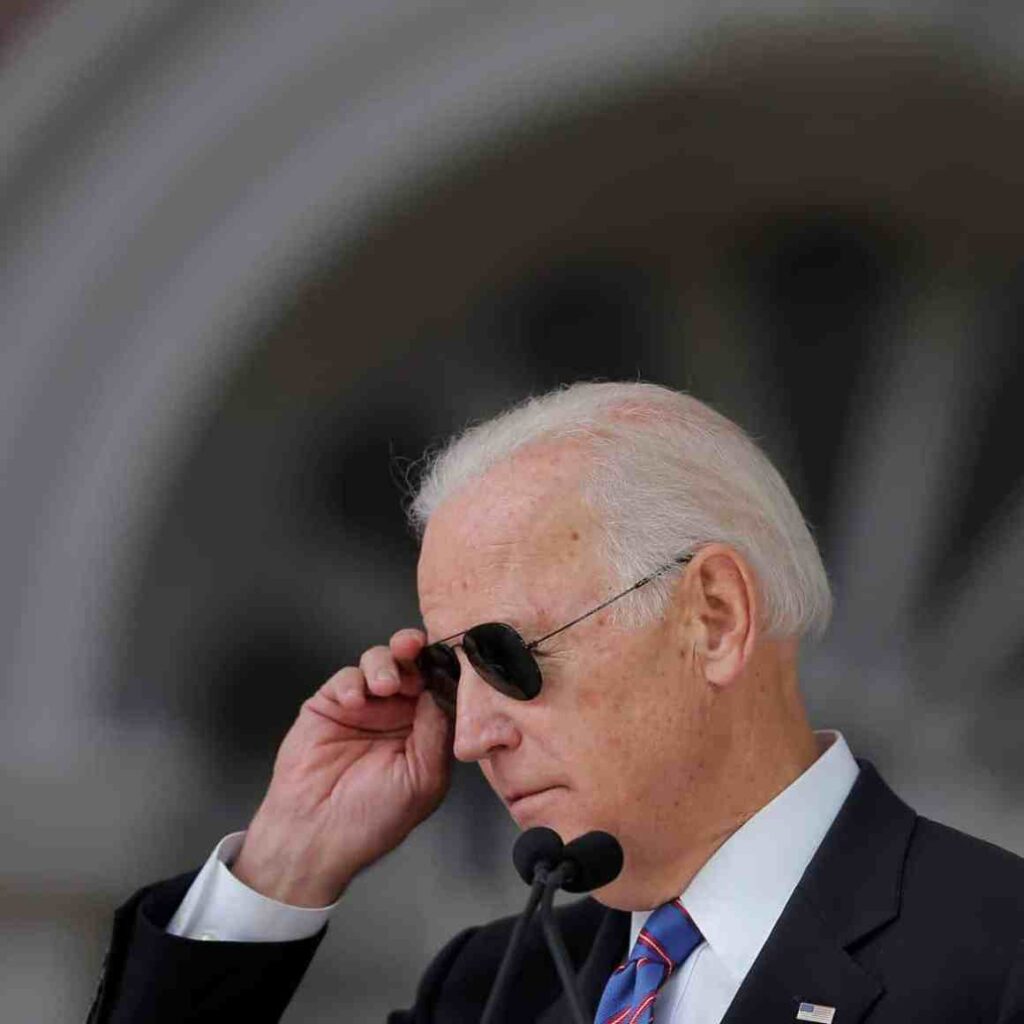After the Supreme Court’s June 29th SFFA decision on affirmative action, the Biden-Harris administration announced the first set of resources from the U.S. Departments of Education and Justice on Monday to lawfully support and promote diversity and opportunity in colleges and universities.
The administration offered resources in a Dear Colleague Letter and a Question and Answer Guide to clarify how universities and colleges can lawfully pursue racially diverse campuses that expose students to a range of viewpoints and backgrounds after the Supreme Court’s decision in Students for Fair Admissions, Inc. v. President and Fellows of Harvard College and Students for Fair Admissions, Inc. v. University of North Carolina et al. (“SFFA”).
Some of the questions and answers are meant to address potential misunderstandings of the SCOTUS decision. For example, a senior department official clarified on background, “Schools may continue to collect data about the race of applicants and they can use that data for a variety of purposes, so long as it is not used to decide whether an applicant is admitted to a school and its use is consistent with privacy laws.”
Additionally, they added, “I’d also note that demographic data… help provide institutions with critical information related to their programs and objectives. So for example, reviewing demographic data related to student admission outcomes can aid institutions in ensuring that their admissions practices do not discriminate based on characteristics that are protected by federal civil rights laws, such as race, sex or disability.”
This is only the first step the administration is taking to address the Supreme Court’s attack on diversity in education. They say they will have more in September addressing this issue.
“This is a moment of great urgency in higher education,” U.S. Secretary of Education Miguel Cardona said in a call with reporters in which PoliticusUSA participated. “The Supreme Court’s decision to end Affirmative Action has taken away a tool that colleges have used for decades to build diverse campus communities and create equitable opportunities.”
“We know what has happened at colleges when individual states have banned affirmative action in the past: Fewer students of color applied and fewer students of color were admitted. We cannot afford that kind of backsliding on a national scale, not when our nation is more diverse than ever, not when our world is more competitive than ever, not when our need to accept and understand one another is greater than ever.”
Cardona made the point that education is the foundation of opportunity, emphasizing it by sharing, “Education is the reason that the grandson of a sugar cane farmer in Puerto Rico is speaking to you today as Cabinet Secretary.”
Diversity isn’t just about helping people from less advantaged backgrounds; it actually helps everyone on campus. “Diversity enriches the educational experience,” the American Council on Education believes. “We learn from those whose experiences, beliefs, and perspectives are different from our own, and these lessons can be taught best in a richly diverse intellectual and social environment.”
If the United States wants to be globally competitive, it’s essential to offer exposure to different experiences and backgrounds in higher education.
The two resources offered today by the Biden-Harris administration are included above and may be clicked on to open the PDFs.


